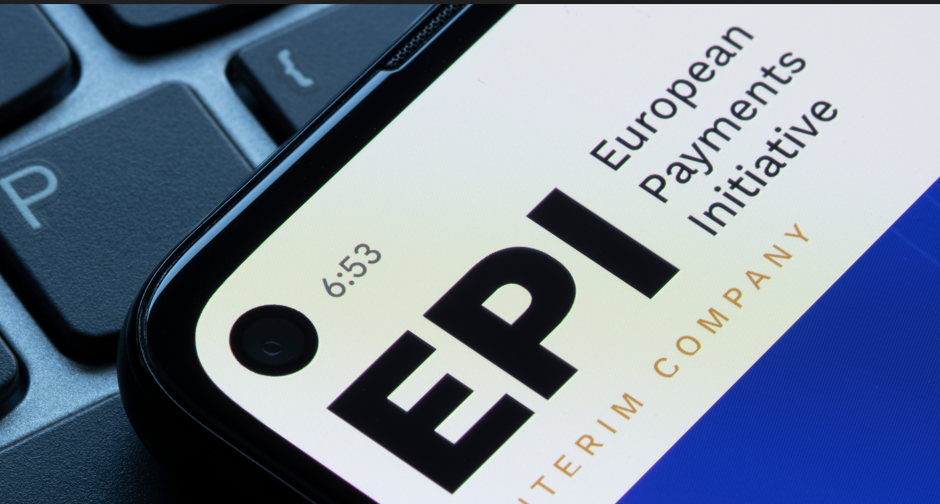
The European Payments Initiative (EPI), in its ambition to unify Europe’s fragmented payment landscape, recently acquired iDEAL, a successful payment system entrenched in the Dutch marketplace since 2005.
As the project expands across Europe, aiming to provide a ‘unique, European-grown instant payment solution’, it faces a multitude of areas to consider — and among them, compliance and fraud dispute management are paramount.
Scheme compliance is the linchpin of any payment ecosystem, enforcing interoperability and maintaining consistent consumer experiences. It’s the underlying structure that ensures the harmonious functioning amongst all participants in the ecosystem. International payment networks, like Visa and Amex, have established scheme compliance to keep participants apprised of updates and requirements. Weekly bulletins, accessible portals, and strict deadlines are all part of their robust compliance machinery.
Scheme compliance, managing fraud and disputes
However, for the EPI, replicating such a complex operation will be challenging, requiring tremendous coordination and collaboration among various stakeholders. It will be interesting to witness how EPI creates and implements a process that keeps every participant aligned with evolving rules and protocols, thus ensuring a seamless consumer experience.
Alongside scheme compliance, managing fraud and disputes is another area that the EPI will need to consider. With e-commerce transactions on the rise, consumer protection is becoming increasingly important. Consumers need assurance that they are safeguarded against mishaps, whether it be a failed delivery, a defective product, or a cancelled service.
At present, most account-to-account payment methods lack defined rules or guidelines around consumer protection. Contrastingly, the likes of Visa and Mastercard have developed robust protection frameworks. As cardholders, their customers can dispute transactions, provide evidence, and potentially get reimbursed if things go awry. Such protections not only provide peace of mind to consumers but also foster the adoption of these payment methods.
The need for the EPI to adopt best practice
Will EPI emulate such best practices? It remains to be seen whether it will establish clear rules and guidelines to ensure consumer protection, regardless of the specific bank a customer is associated with. Providing a consistent, well-regulated dispute resolution process across all participating banks is crucial, giving customers the confidence they need to adopt this new payment method.
Taking iDEAL’s example, which operates as an account-to-account payment system in the Netherlands, EPI must build a common framework for all European countries. If a customer encounters an issue while using iDEAL today, the bank’s response varies depending on the case and institution. Under EPI, such ambiguity should be eliminated, creating a payment scheme that provides uniform protection and liability parameters, fostering trust among its users.
Another aspect under the umbrella of consumer protection is fraud. The increasing cases of unauthorised transactions using stolen credentials pose a significant challenge to any payment scheme. While disputes might arise from issues with purchased goods or services, fraud-related disputes are an entirely different beast, requiring careful consideration and swift resolution. Taking examples of card payments, Visa and Mastercard fully protect consumers in cases of fraud (with the so-called zero-liability policy).
Balancing act: convenience, security and consumer protection
EPI needs to have a well-articulated strategy to handle fraudulent transactions, providing clear guidelines to banks on how to manage such cases while also guaranteeing consumer protection. Striking a balance between convenience, security, and customer protection will be a delicate act, but one that is essential to EPI’s long-term success.
In conclusion, as EPI embarks on its journey, evolving from iDEAL’s existing network, it faces the significant task of creating a scheme compliance framework and consumer protection program that can rival those of established international players. It’s not just about providing a pan-European payment solution but also about ensuring a safe, secure, and reliable service for consumers across the continent. Ultimately, the success of the EPI efforts depends on consumer adoption – which will be very much influenced by seamless operations, ease of use and a sense of security.

Fatemeh Nikayin is co-founder, Rivero







